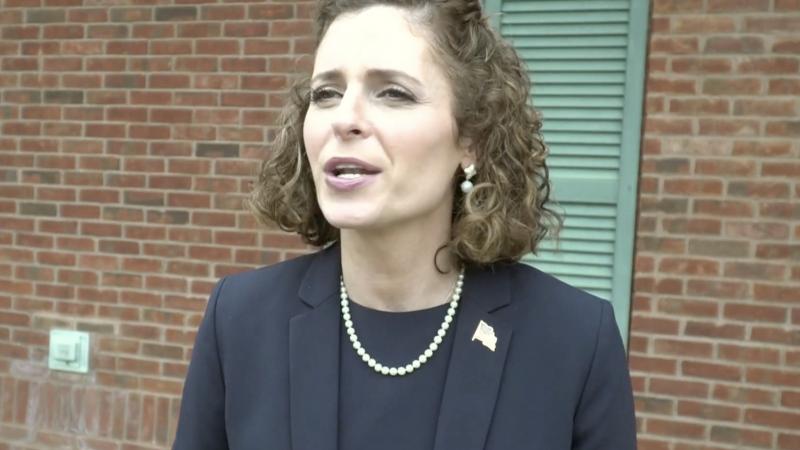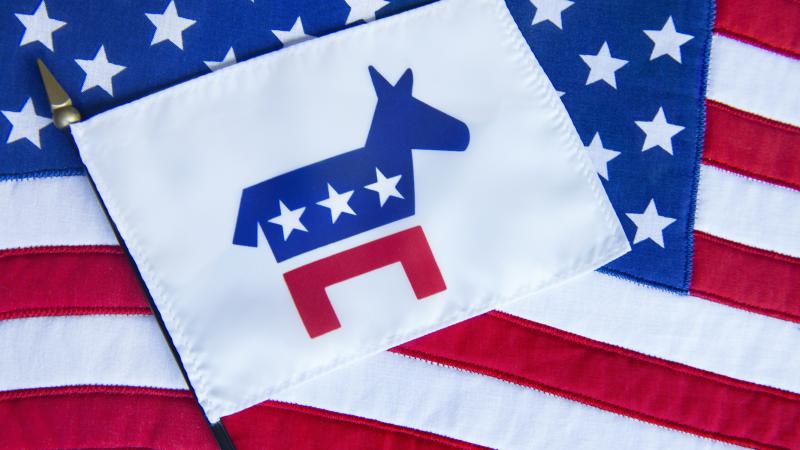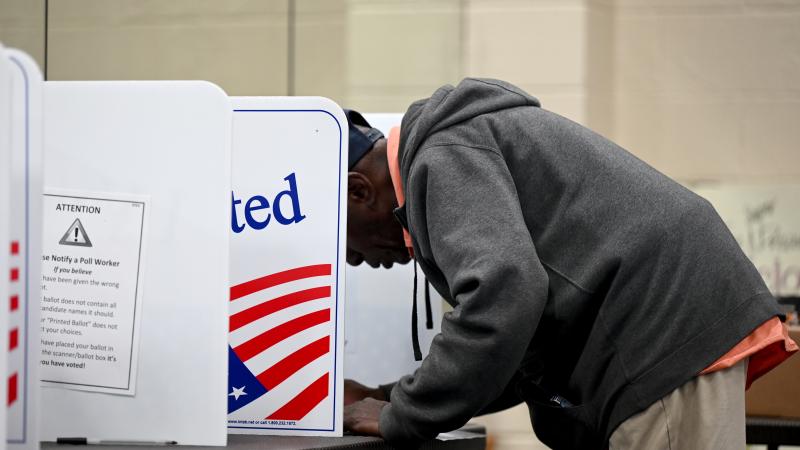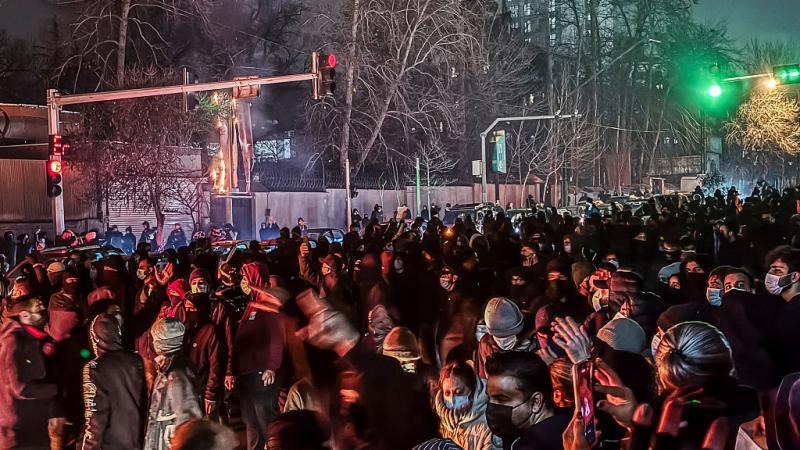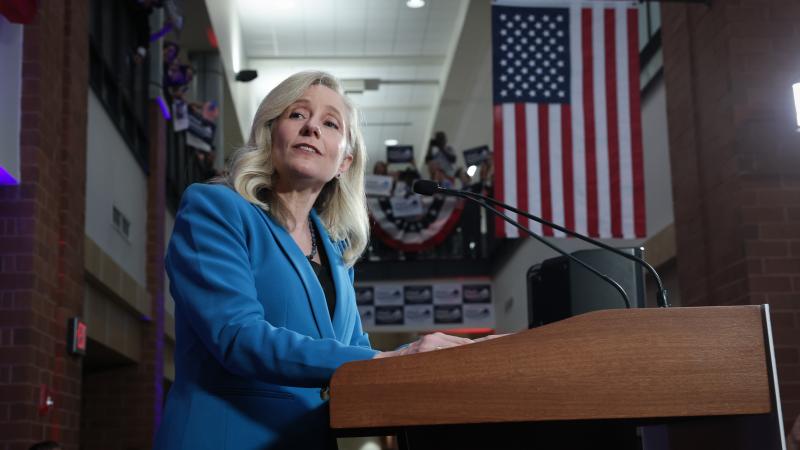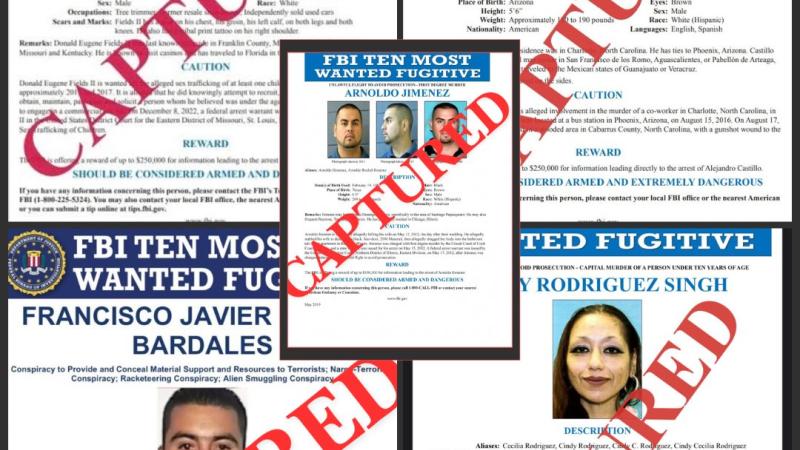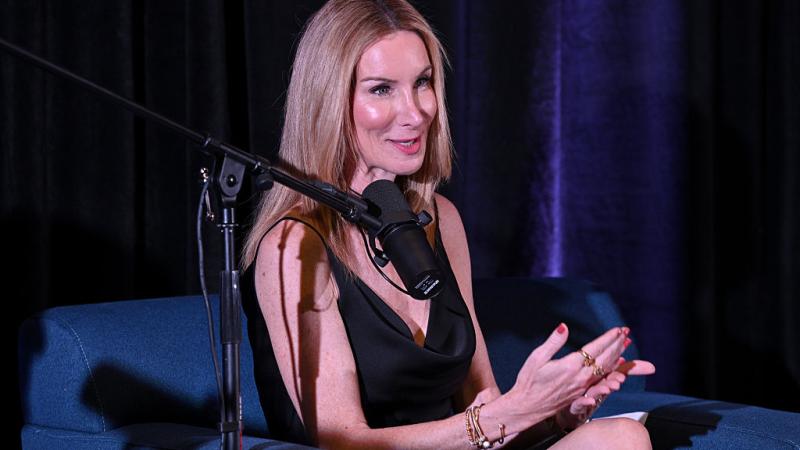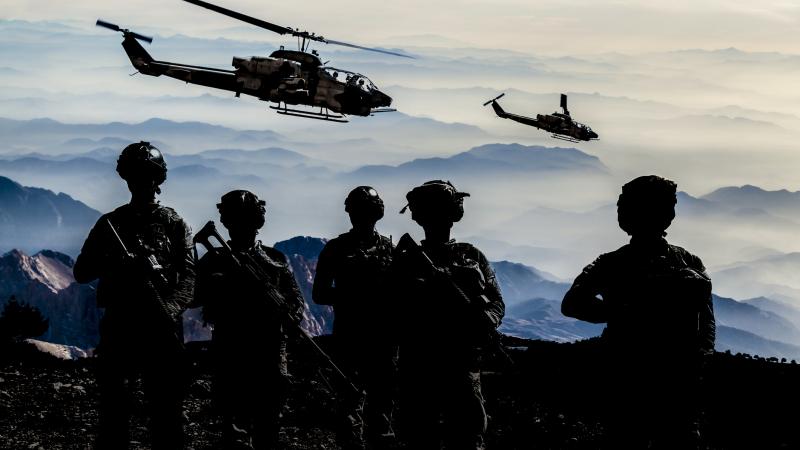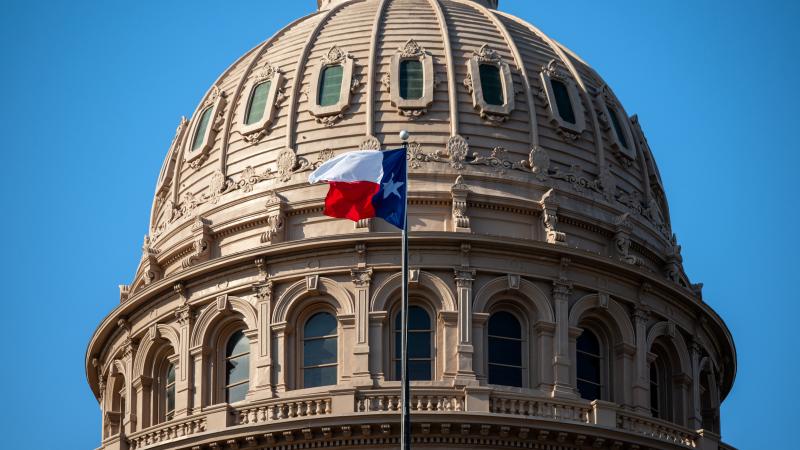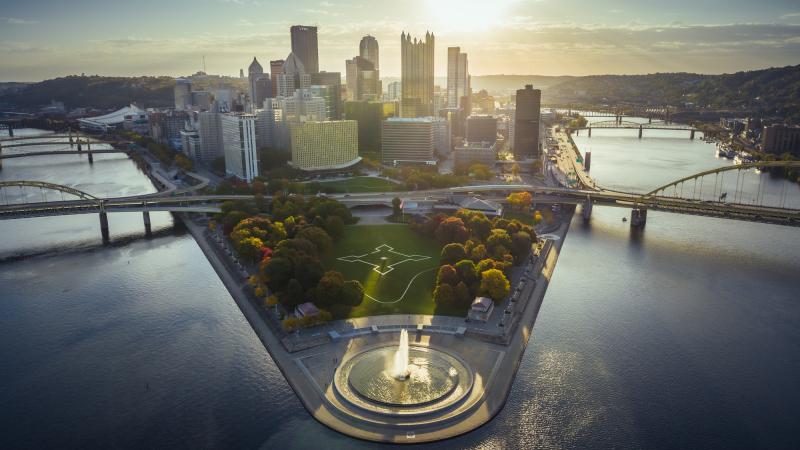Nevada legislative committee reviews change to open primaries
“This is a bill that strengthens our democracy and brings our elections closer to the people that we are meant to serve,” said the bill’s sponsor, Assemblymember Steve Yeager, D-Clark County, at the meeting on late Thursday afternoon. “Nevada is a state of growing independence, not just in spirit, but in voter registration.”
(The Center Square) -
(The Center Square) - A bill that would let nonpartisan Nevada voters cast ballots in party primaries could be on its way after a joint committee heard support and opposition of the change.
The joint meeting of the Nevada Assembly and Senate committees on legislative operations and elections listened to a range of testimony over Assembly Bill 597, which would allow Nevada's largest voting block, party nonaffiliates, to vote in either Democratic or Republican primaries. They would become "open primaries."
“This is a bill that strengthens our democracy and brings our elections closer to the people that we are meant to serve,” said the bill’s sponsor, Assemblymember Steve Yeager, D-Clark County, at the meeting on late Thursday afternoon. “Nevada is a state of growing independence, not just in spirit, but in voter registration.”
In the last five years, Nevada’s share of nonpartisan voters, those who do not register themselves as Republicans, Democrats or any other party, has skyrocketed. In 2020, 23% of registered Nevada voters were nonpartisan.
Today it is 34% – more than Republicans (29%) or Democrats (29%).
This trend has occurred as Republican and Democratic registrations have plummeted for Nevadans. But it also is largely impacted by a 2020 law that now automatically registers anybody who does business at a Department of Motor Vehicles office to vote. The default registration is nonpartisan.
A similar measure to give nonaffiliated voters access to party primaries was approved by voters in 2022. But it was narrowly rejected during its required second vote in 2024, as part of “State Ballot Question Three.” The proposal was to amend the constitution to allow open primaries.
The more controversial portion of Question Three was to enact ranked choice voting, a fundamental change to the state’s system of voting. "Ranked choice" allows voters to rank all the candidates according to order of preference.
“ I was a 'no' on Question Three in 2024,” said Yeager. “I thought both concepts were bad in that question. What you have in front of you is not in Question Three. It's a different concept of an open primary.”
Opponents of the bill worried that the large number of unaffiliated voters would have too much sway on their primaries. They also worried nonaffiliated voters could try to vote against candidates they opposed, instead of voting for those they supported.
“ Those voters not affiliated with either the Democrat or Republican parties still receive a ballot and can vote for any nonpartisan candidate, which is in alignment with their choice to be independent of the two major parties,” said Washoe County Republican Party Chairman Bruce Parks at the meeting. “It is absolutely antithetical to the democratic process to allow persons not registered with a particular party to vote in that party's primary.
"Independent nonpartisan voters choose to separate from the major parties and are free to run their own candidates, which they seldom do. They should indeed be unaffiliated," Parks said. "It is a choice. Choices come with consequences as it should be.”
Many in opposition to the bill came from various factions of the Nevada Republican party. In the 2024 presidential election, the Democratic Party likely had a slight advantage with nonaffiliated voters. The Nevada Independent estimated 52% of nonaffiliated voters in Washoe and Clark counties, which make up nearly 90% of Nevada’s population, picked then-Vice President Kamala Harris, a Democrat.
Some supporters of AB 597 said outside influences would like to impact Nevada politics by using the dominant nonaffiliated voting bloc.
“As we all saw the last two elections, billionaires have attempted to exploit the lack of access to primary election for unaffiliated voters as an opening to introduce bizarre concepts like jungle primaries and voting method methodologies that require a math PhD to understand,” said Yeager in reference to the ranked choice voting system introduced in Question Three.
“We can put our heads in the sand, but something’s going to happen, and we’re not going to have control over it," he said.
Still others do not see enough of a distinction between AB 597 and Question Three.
“We Nevadans just voted overwhelmingly against just such a measure when we said 'no' on Question Three, and yes, we considered both aspects of Question Three when we said 'no,' ” said Parks. “We see this for what it is, an attempt to circumvent the will of the people.”
At the end of the meeting, the bill looked likely to undergo some surgery in the form of clarifying amendments, with another meeting yet to be scheduled.
“The concerns on the other side are certainly legitimate,” said Yeager in his closing remark at the meeting. “It’s up to the members of this committee and this body to decide, ‘Is this something we want to get out in front of?’ Realizing that some voters may not like it.”
Nevadans, meanwhile, can register to vote or update their registration by clicking onto the secretary of state's website.
